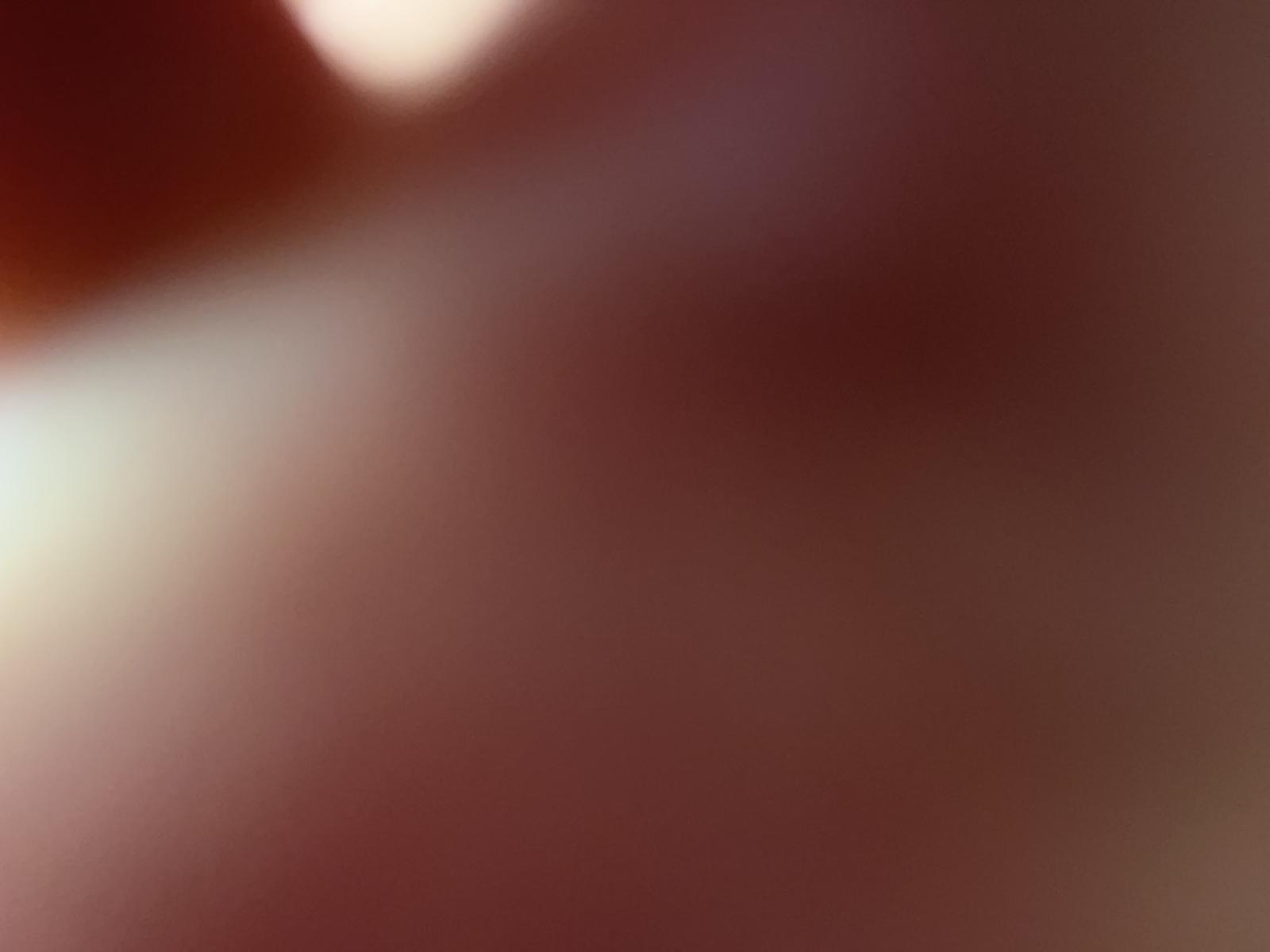In a world of 1s and 0s... are you a zero, or The One? Every year, as reported by the European Commissioner for Digital Agenda Neelie Kroes, 200 million of Europeans buy things online. Furthermore, the web economy generates a fifth of the growth in the European Union. Therefore, it is now important to apply the fundamental rights online as well as offline. Presently, the European Commission is seeking to develop trustworthy Information and Communication Technology (ICT) solutions, which can guarantee a secure and reliable digital environment in Europe. Funding is already available for cyber security and online privacy under Horizon 2020.
The European Commission will invest 85 million Euro this year and at least 500 million Euro until 2020. Six projects involving research institutes, SMEs and large firms are already helping people to be safe online. ABC4Trust works on personal credentials and test the Attribute Based Credentials (ABC) protection of privacy, which allow users to provide only the information required for authentication, but without revealing the full identity. SECURED is a project that aims to design antivirus, firewall and parental controls to protect the devices from online threats. HINT has the objective to make impossible to clone or modify the hardware of a device. PCAS tries to develop a device that allows users to store and share their data with trusted applications. Trust in Digital Life is a community that encourages industry to develop innovative and reliable technologies and that allows users to judge if their devices, applications and services are sufficiently reliable. Advanced Cyber Defence Centre is a pilot project that aims to develop a European centre focused on advanced cyber defence botnet.
On 10th March 2014, Neelie Kroes spoke at the Cyber Security Conference of CeBIT, the world's largest and most international computer trade show, which occurred in Hanover (Germany) every year. In general, the vice-President of the European Commission responsible for the Digital Agenda is optimist about technology, but also realist. According to her vision, online trust has many aspects. It is about parents knowing their children are empowered and protected online. It is about businesses knowing their cloud data is safe. It is about having resilient critical infrastructures. At the moment, all our businesses are under attack: for instance, Deutsche Telekom reported 800,000 attacks a day on its networks: 10 per second, all day, every day. Each incident can cost up to 50 million Euro. However, security is not only about damage control, but it also concerns our sovereignty and can be a competitive advantage in a world that is seeking security.
Unfortunately, at the same time, Internet is not a service for all yet. According to a new Eurobarometer survey, as of 27th February 2014, 24% of European Internet users were prevented by their providers from watching videos, listening music or using other applications. In particular, 41% of people experienced problems watching a video on a mobile device and 37% on the fixed connection at home due to speed limitations, 23% could not listen to music on their mobile device, 23% did not upload contents on websites, blogs or forums through their mobile device, 19% did not play online games at desk computer, 9% could not use Internet-delivered phone calls. Effectively, the speed connection did not match the terms of the contract for 26% of the European customers and 40% of all respondents experienced an internet connection break down.



